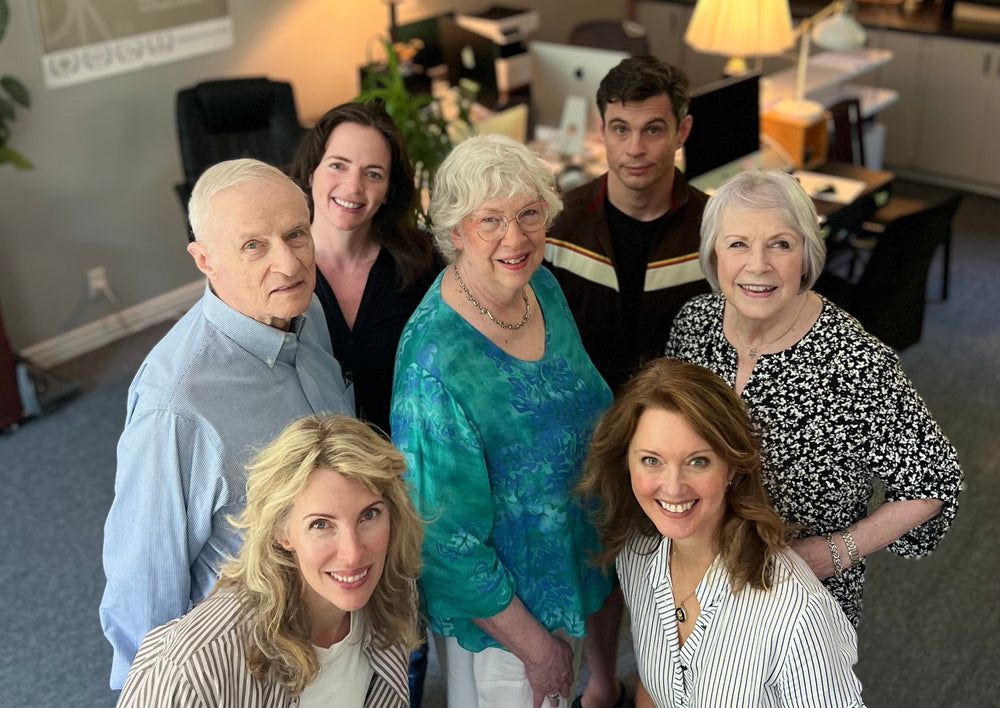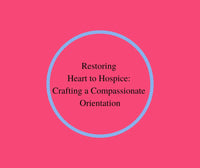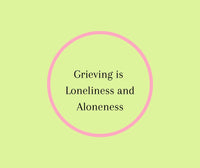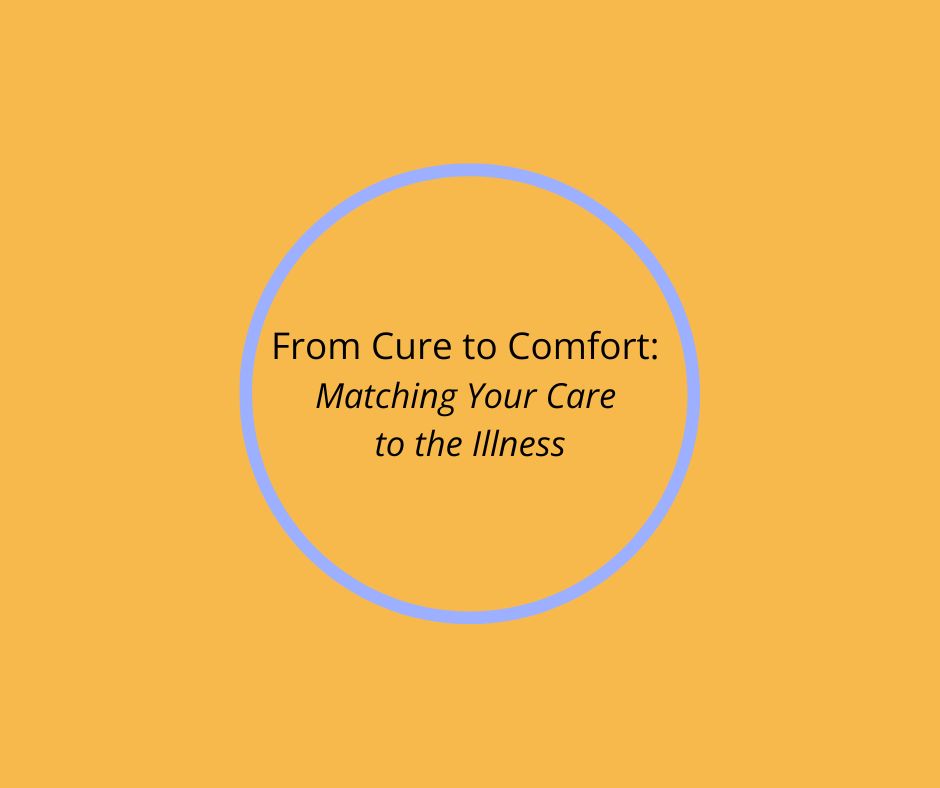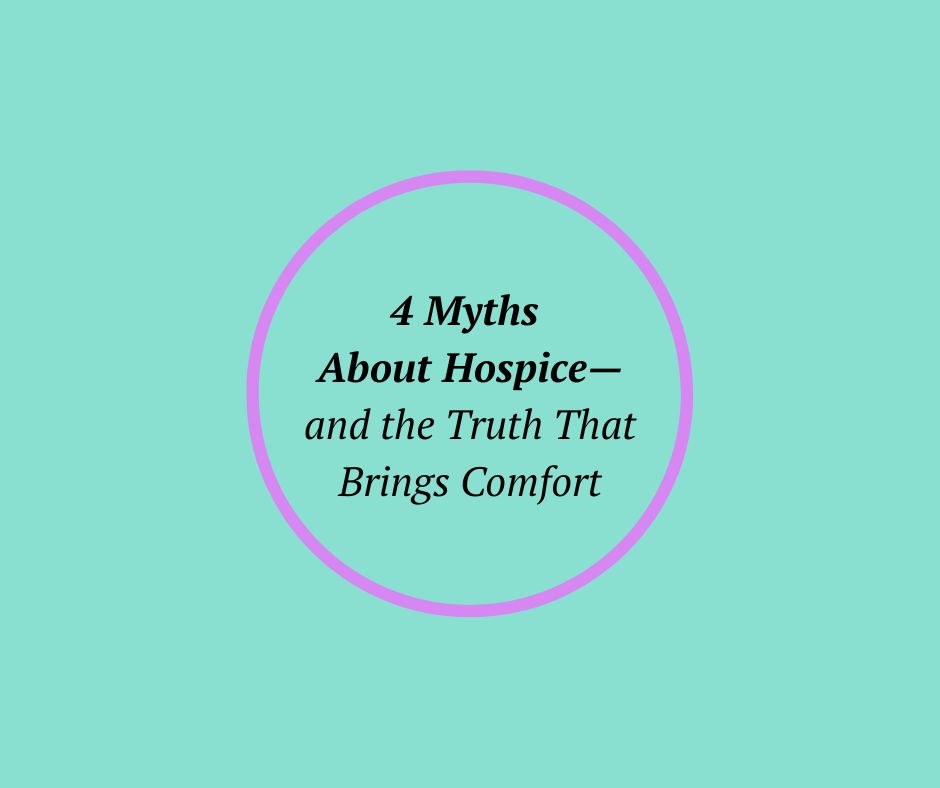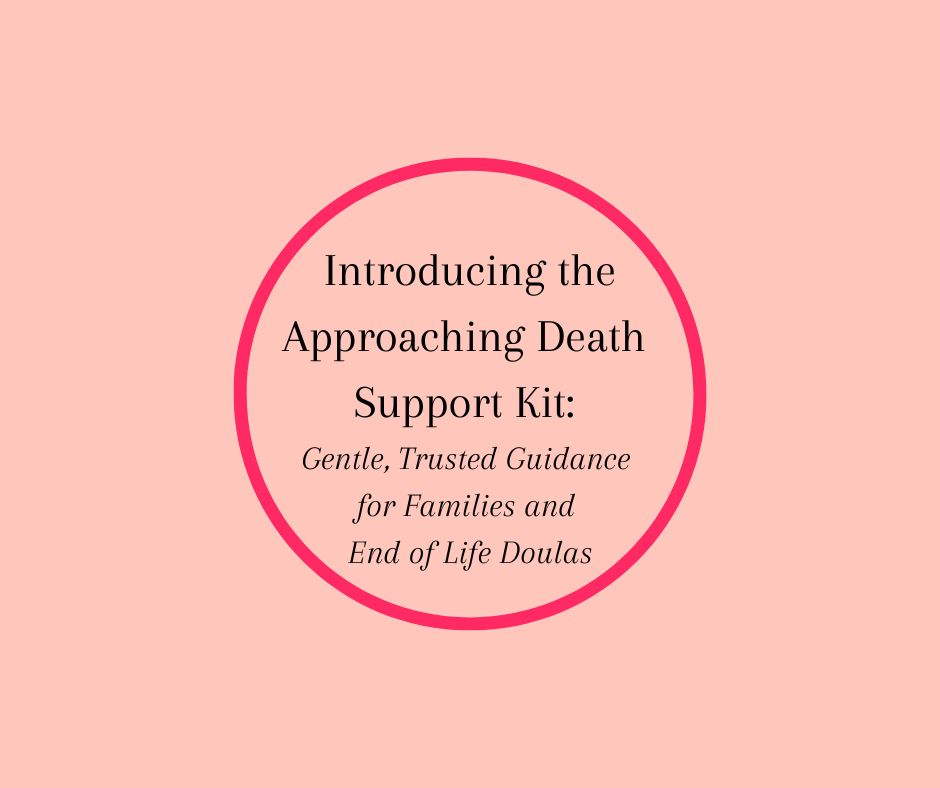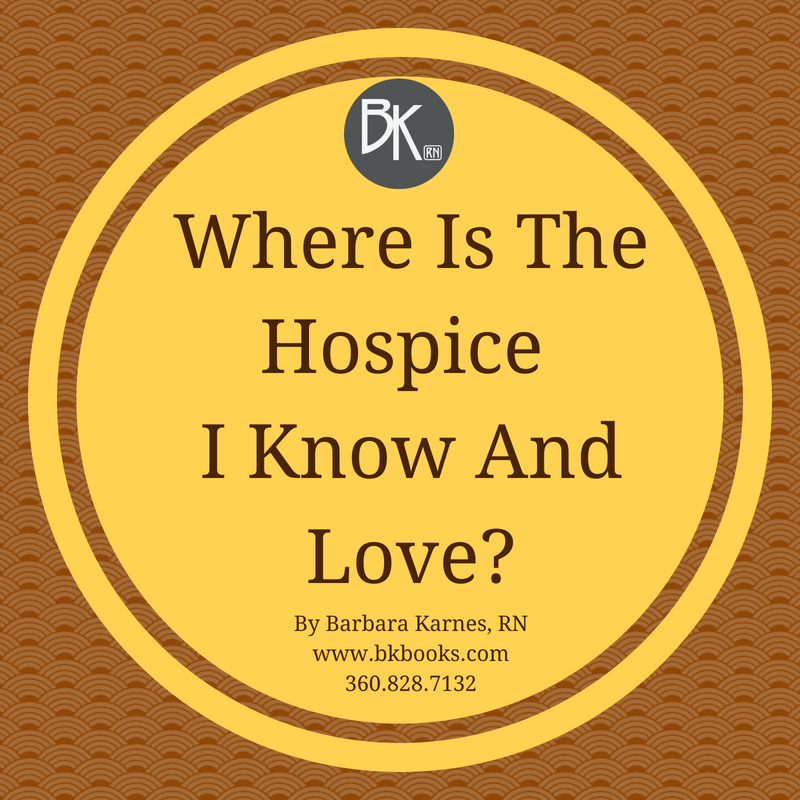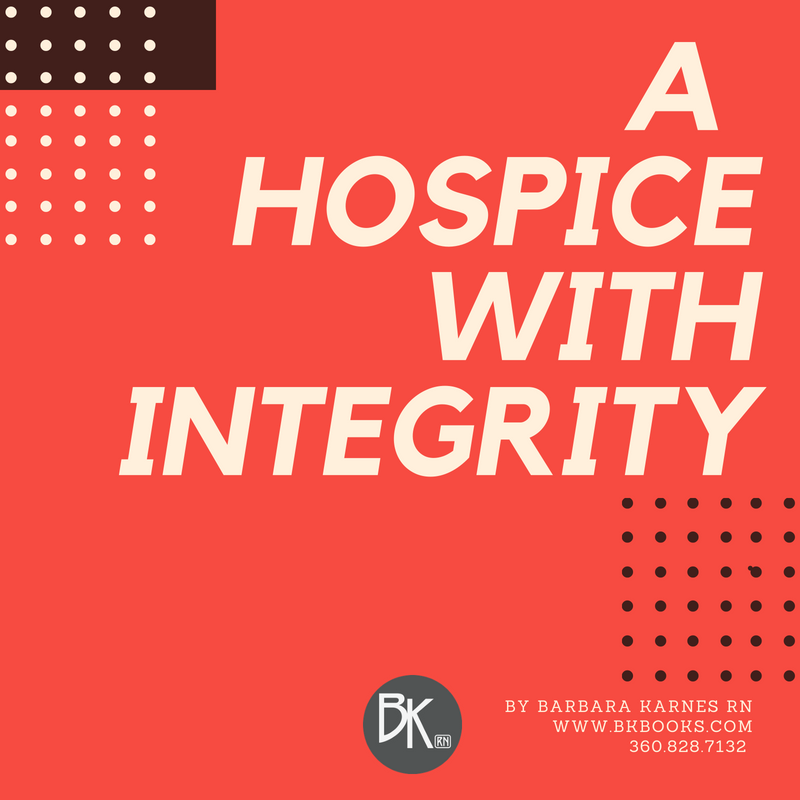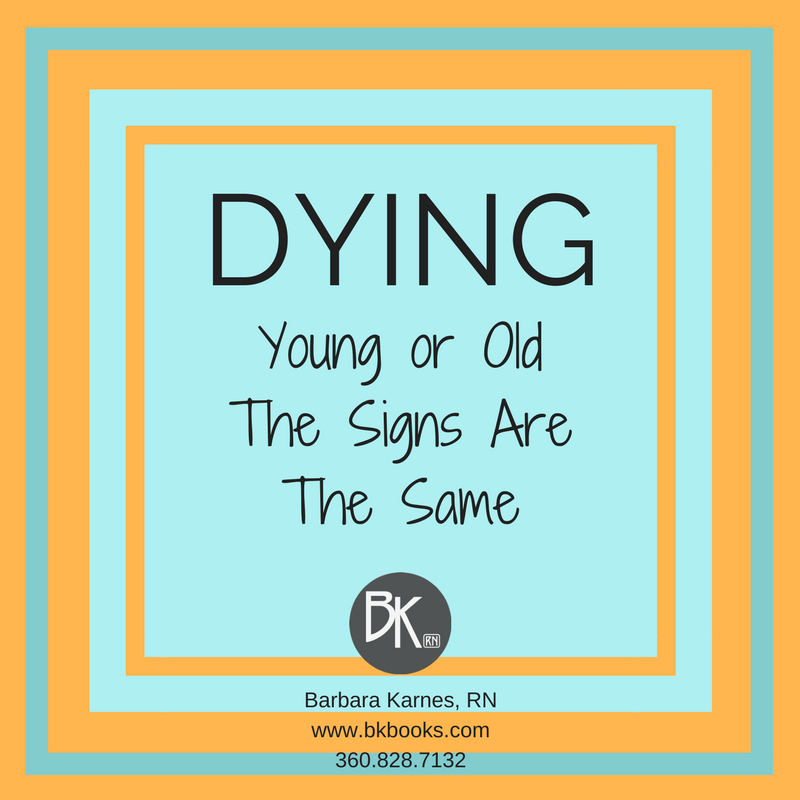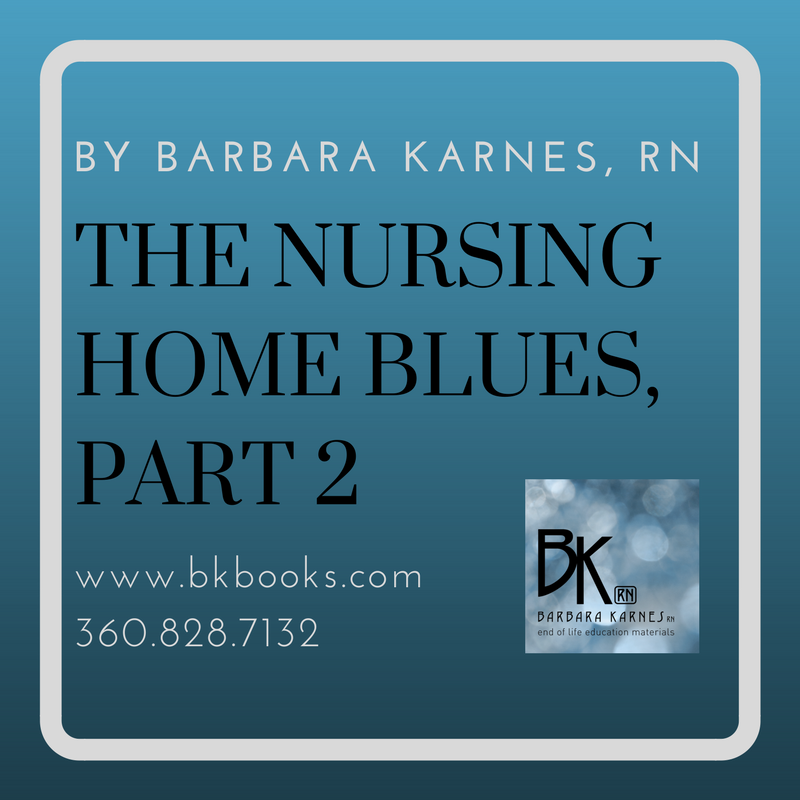
Something to Think About
a blog on end of life
- All posts
- addiction
- advance directive
- alzheimers
- Anger
- anticipation
- anticipatory grief
- Approaching Death
- assisted care
- assisted death
- Assisted Living
- Barbara Karnes
- bereaved
- Bereavement
- burnout
- BY YOUR SIDE A Guide for Caring for the Dying at Home
- cancer
- caregiver
- caregiver fatigue
- caregiver support
- caregiving at end of life
- children
- Clinician
- cna
- comfort care
- communication
- covid 19
- Dame Cicely Saunders
- Death
- death and dying
- death awareness
- death cafe
- death call
- death care
- death doula
- death education
- death midwife
- death of a pet
- death ritual
- dementia
- dementia doula
- diagnosis
- Director of Education
- disease
- DNR
- doctors
- dying
- dying looks different than expected
- dying pet
- dying process
- Dynamics of Dying
- Eating or not eating
- elderly
- Elisabeth Kubler-Ross
- end of life
- end of life doula
- end of life education
- end of life planning
- estate planning
- euthanasia
- family
- family caregiver
- father
- Fear
- Feeding
- Financial records
- Food
- food at end of life
- Funeral
- gift
- Gone From My Sight
- graduating from hospice
- gratitude
- Grief
- Grief Counselor
- grief support
- grieving
- Guilt
- holidays
- Home Care
- home death
- home health
- home healthcare
- Hospice
- Hospice Blue Book
- hospice care
- hospice chaplain
- hospice education
- hospice end of life care
- hospice for pets
- hospice myths
- hospice nurse
- hospice nurses
- hospice patient
- hospice physician
- hospice referral
- Hospice Social Worker
- Hospice Staff
- hospice volunteer
- hospice volunteer training
- hospital
- How Do I Know You ?
- How Do I Know You? Dementia at the End of Life
- Hydration or dehydration
- infant death
- joy
- labor
- labor at end of life
- labor to be born
- life limiting
- life support
- loss
- media
- Medicade
- medical visits
- Medicare
- medication
- medications
- memory care
- midwife
- mindfulness
- moment of death
- morphine
- mother
- My Friend I Care
- narcotics
- New Rules For End Of Life Care
- No Code
- Not Eating
- nurse
- nurses aide
- Nursing facility
- Nursing home
- nutrition
- Old Age
- older pet
- orientation
- oxygen
- pain
- pain at end of life
- pain management
- pain relief
- palliative care
- palliative sedation
- pandemic
- peace
- personality
- Pet death
- Pet illness
- physician
- podcast
- POLST
- prepare for death
- quality of life
- religion
- Retirement Home
- ritual bath
- RN
- sacred
- self care
- seniors
- signs of approaching death
- sleep
- Social Worker
- spanish grief literature
- stages of grief
- sudden death
- Suicide
- Supervisors
- support
- terminal
- terminal agitation
- terminal diagnosis
- terminal illness
- terminal restlessness
- The Eleventh Hour
- The Final Act of Living
- This Is How People Die
- Time
- Time of Death
- trauma
- treatments
- vigil
- visions
- volunteer
- volunteers
- washing the body
- widow
- widowhood
- wife
- Will
- You Need Care Too
From the moment of a diagnosis of a life threatening illness we begin grieving. We grieve not just the eventual losses that come with serious illness but the approaching...
Hospice has worked with nursing facilities for many years now. Our relationship and interactions with patients and their families is now better understood and better defined. That said, some nursing facilities...
Often dying looks painful to the people watching. Dying is a struggle to get out of the body. There are sounds that ordinarily would indicate discomfort but, when a person...
...I remember being with my mother in my hospice Medical Director’s office. He was explaining to my mother his medical findings as they related to her illness. I, being a...
This is the story that came to mind when I decided to write a blog for National Social Work month. Social work, to me, is about saying the right words...
When hospice began it was outside of the medical model. It provided end of life care based on quality, not quantity, of life. It recognized when physical healing couldn't be...
Often after a person dies we forget that there is no perfect relationship, that there are easy times and difficult times. Somehow once a person dies we elevate them to...
So many factors affect the length of our labor to leave this world that it is imprudent to put a specific time frame on approaching death. The closest we can...
I suggest writing a letter to the person that died and saying from your heart what you need to say that you didn't say before. I recommend that you write...
What I have discovered is that a family member dying can bring a family together. It can be their finest moment of closeness and comfort. But for other families it...
We cannot put a number on how long our last experience will be. No one, doctors included, can be so specific as to say 6 months, 3 weeks or 24...
We can be as much at a loss when our pet is dying as we are when a person is dying but there doesn’t seem to be the support and...
Hospice can not take the experience and sadness of a loved one dying away. Our goal is to help the family create a sacred experience, to help their loved one...
The hours before actual death is very scary, a "I don't know what to do" time, for anyone present. Someone who knows the normal natural way a person dies can...
Be the best hospice you can possibly be, provide the highest quality of care with the most compassionate, caring staff your area has to offer. Build a reputation within the...
When living with a life threatening illness we are eating for two---our physical body and our disease. In most cases the disease eats before we do. If we don’t eat,...
For healthcare professionals it is often a balancing act to care for patients and then deal with the sense of futility that is triggered when they are doing their job...
There are other signs of approaching death that indicate a person with a disease (at any age) has weeks to live...
My message throughout all this time has been to educate, educate, educate. Educate anyone who will listen about how people die. To help people understand how death comes, what it...
...Fortunately, I suppose, my mother is now bed-bound and we were able toget Hospice to help out, so she now fits the bill for a 'model patient'... but itstill seems...
As we get older, life presents us with different challenges. We adapt to them in the same way we have lived our life and dealt with all the challenges in...




